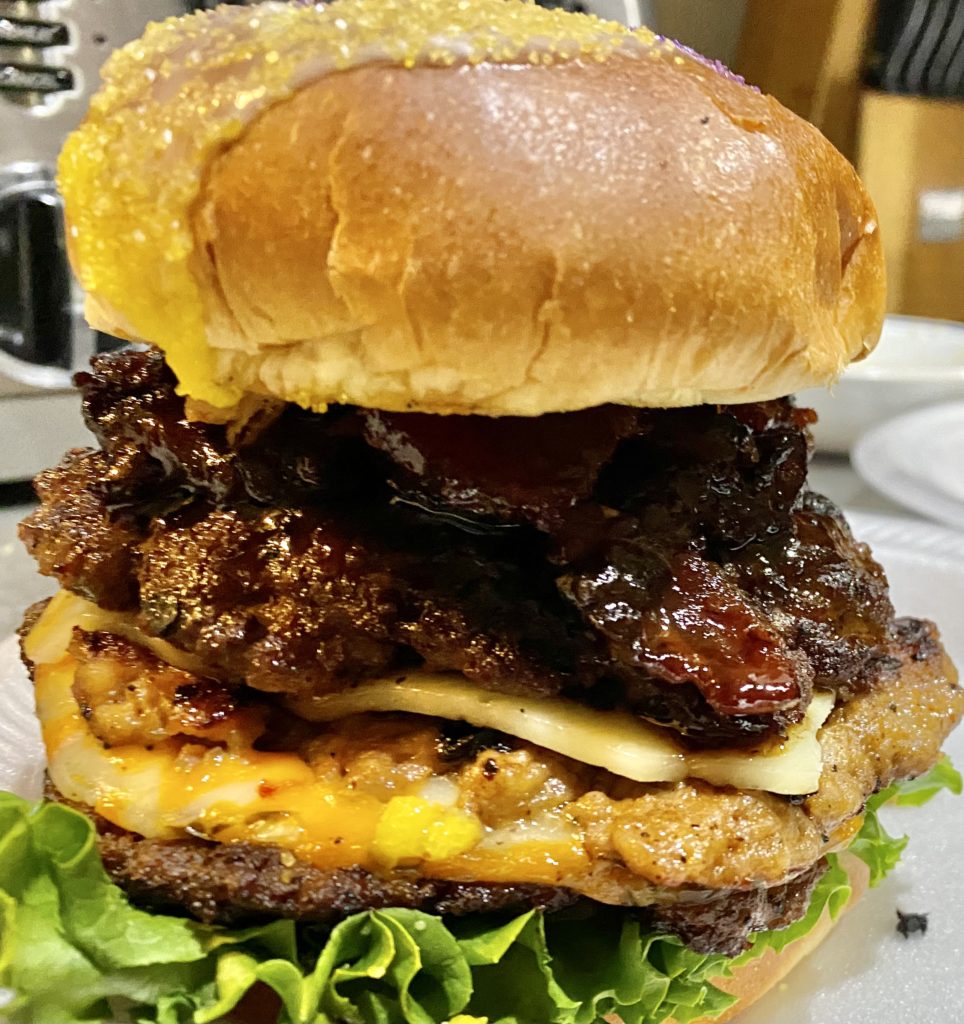

there must be “clear and unambiguous factual evidence” of the use ( Athletic Shoe Inc v Dajee and Others). the use put forward must be genuine in the sense that it must be “for the purposes of establishing, creating or promoting trade in the goods to which the mark is attached.” ( Westminster Tobacco (Cape Town and London) (Pty) Ltd v Philip Morris Products SA). The South African Supreme Court of Appeal has considered cases involving non-use on a number of occasions. This strict approach to evidence of use comes as no surprise to South Africans. The Cancellation Division reminded the parties that it “is up to the EUTM proprietor to show such use in a manner which allows a reasoned conclusion to be made that the use is not merely token.” A partner of the law firm that represented Supermac’s conceded that McDonald’s “may well have made genuine use, but its evidence did not show it had.” a Wikipedia page on the Big Mac was disregarded because Wikipedia can be edited. The Cancellation Division’s view about evidence from websites is that: “The mere presence of a trade mark on a website is, of itself, insufficient to prove genuine use unless the website also shows the place, time and extent of use or unless this information is otherwise provided.” a print-out of the McDonald’s website had no evidentiary value because there was no proof of who had visited the site. while brochures and samples of posters advertising Bic Mac burgers had been submitted, there was no evidence of where they had appeared and who had seen them. The EUIPO’s view was that “statements drawn up by the interested parties themselves or their employees are generally given less weight than independent evidence.” although McDonald’s had submitted affidavits purporting to establish sales of Big Mac burgers, these affidavits were all from company employees. The Cancellation Division was very critical of the evidence that McDonald’s submitted, as is evident below: The application for cancellation was successful, with the Cancellation Division of the European Union Intellectual Property Office (“ EUIPO”) holding that McDonald’s had failed to establish genuine use of the trade mark Big Mac in the EU for a period of at least five years. 
DOUBLE BIG MAC SOUTH DAKOTA REGISTRATION
This registration covered classes 29 and 30 (the food classes), as well as class 42 (the class covering fast food services). In this case, an Irish company called Supermac’s applied for the cancellation of the EU trade mark registration for Big Mac (belonging to McDonald’s) on the basis of non-use. The decision shines a spotlight on some important aspects of trade mark law.

The Big Mac case has enjoyed considerable publicity – many publications have reported on it, including World IP Review. BY Delene Bertasso The double Big Mac attack







 0 kommentar(er)
0 kommentar(er)
